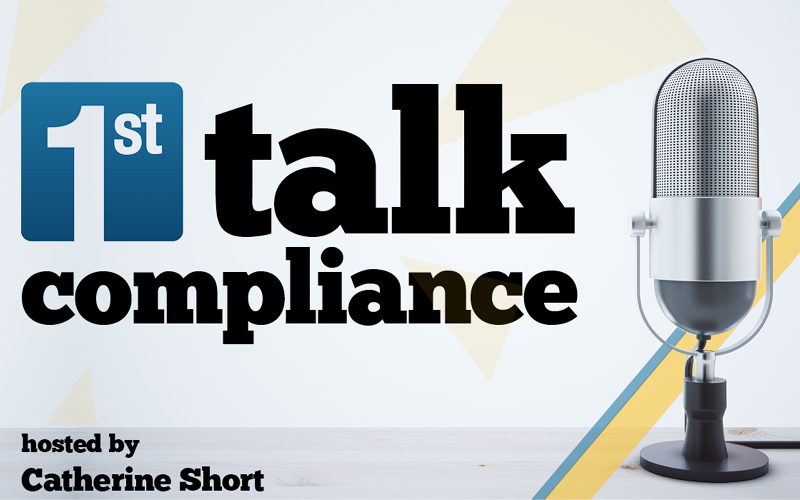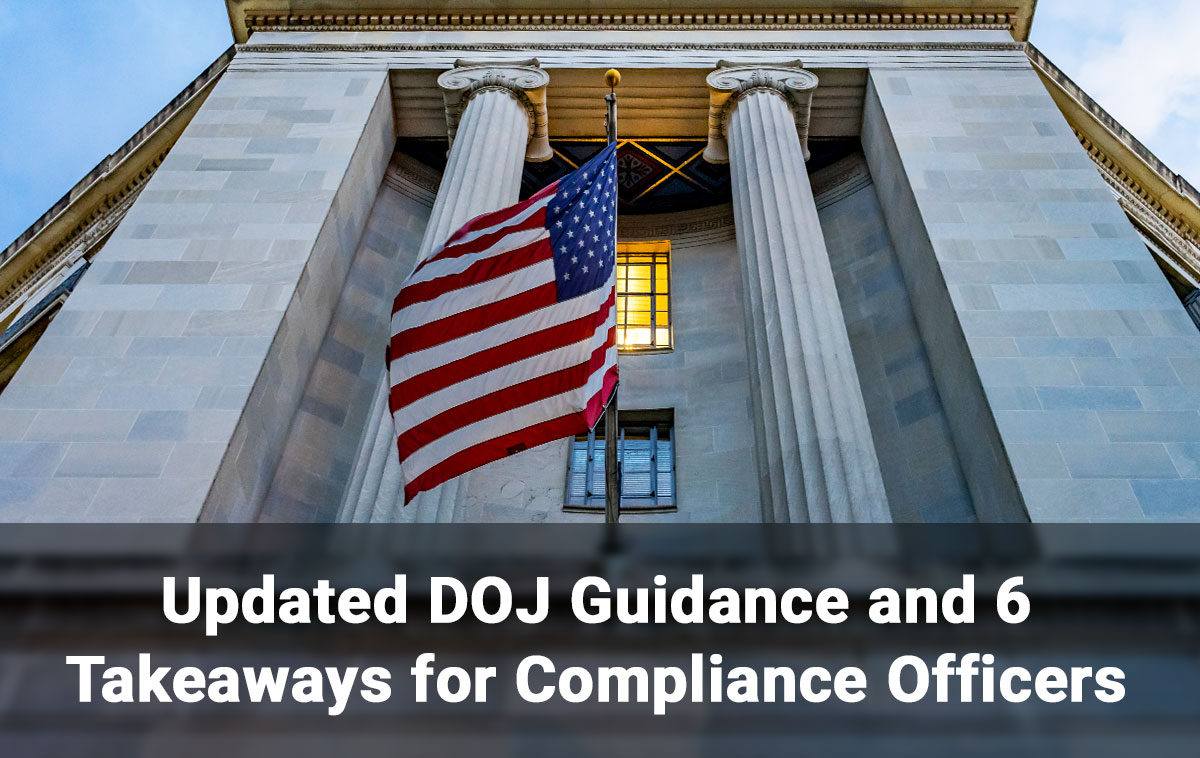Unlock the power of employee hotlines: How to create a culture of compliance, transparency, and accountability in healthcare.

Employee hotlines are an invaluable tool for healthcare organizations aiming to create a culture of compliance, transparency, and accountability. In our latest blog, we will address some of the most common questions about employee hotlines in healthcare, shedding light on their importance, benefits, and best practices for implementation.
1: Why are employee hotlines crucial in healthcare organizations?
Employee hotlines are crucial because they provide a confidential and secure channel for employees to report concerns, misconduct, and potential compliance violations. They empower employees to contribute to a safe and ethical work environment, protecting patient safety and the organization’s reputation.
2: How do employee hotlines contribute to a culture of compliance in healthcare?
Employee hotlines contribute to a culture of compliance by encouraging employees to speak up about potential compliance violations. When employees feel supported and have an avenue to report concerns confidentially, it promotes accountability and transparency throughout the organization. This, in turn, helps identify and address compliance issues proactively, fostering a culture that prioritizes ethical behavior.
3: What types of concerns can employees report through a hotline?
Employees can report a wide range of concerns through a hotline, including fraud, waste, and abuse; patient safety issues; violations of policies or regulations; conflicts of interest; harassment or discrimination; and any other unethical or illegal behavior within the organization. Employee hotlines provide a safe space for employees to raise these concerns without fear of retaliation.
4: How can healthcare organizations ensure anonymity and confidentiality for employees using the hotline?
To ensure anonymity and confidentiality, healthcare organizations should partner with a third-party hotline provider. These providers have secure systems in place to protect the identity of the reporting employee. Anonymous reporting options, such as web-based forms or dedicated phone lines, allow employees to share their concerns without revealing their identities. Healthcare organizations should also have strict policies against retaliation and ensure that all reports are handled discreetly and with the utmost confidentiality.
5: What are the benefits of implementing an employee hotline in the healthcare industry?
Implementing an employee hotline in the healthcare industry offers numerous benefits. It encourages employees to report concerns early, allowing organizations to address potential compliance issues proactively. Employee hotlines also help uncover misconduct that may otherwise go unnoticed, protecting patients, staff, and the organization itself. Additionally, hotlines enhance transparency, improve employee morale, and demonstrate a commitment to a culture of compliance and accountability.
In conclusion, employee hotlines play a crucial role in healthcare organizations, providing a confidential channel for employees to report concerns and contribute to a culture of compliance and accountability. By implementing an employee hotline, organizations foster transparency, protect patient safety, and uphold the highest standards of ethical behavior. If you have further questions or are interested in implementing an employee hotline in your healthcare organization, our team at First Healthcare Compliance is ready to assist you.






